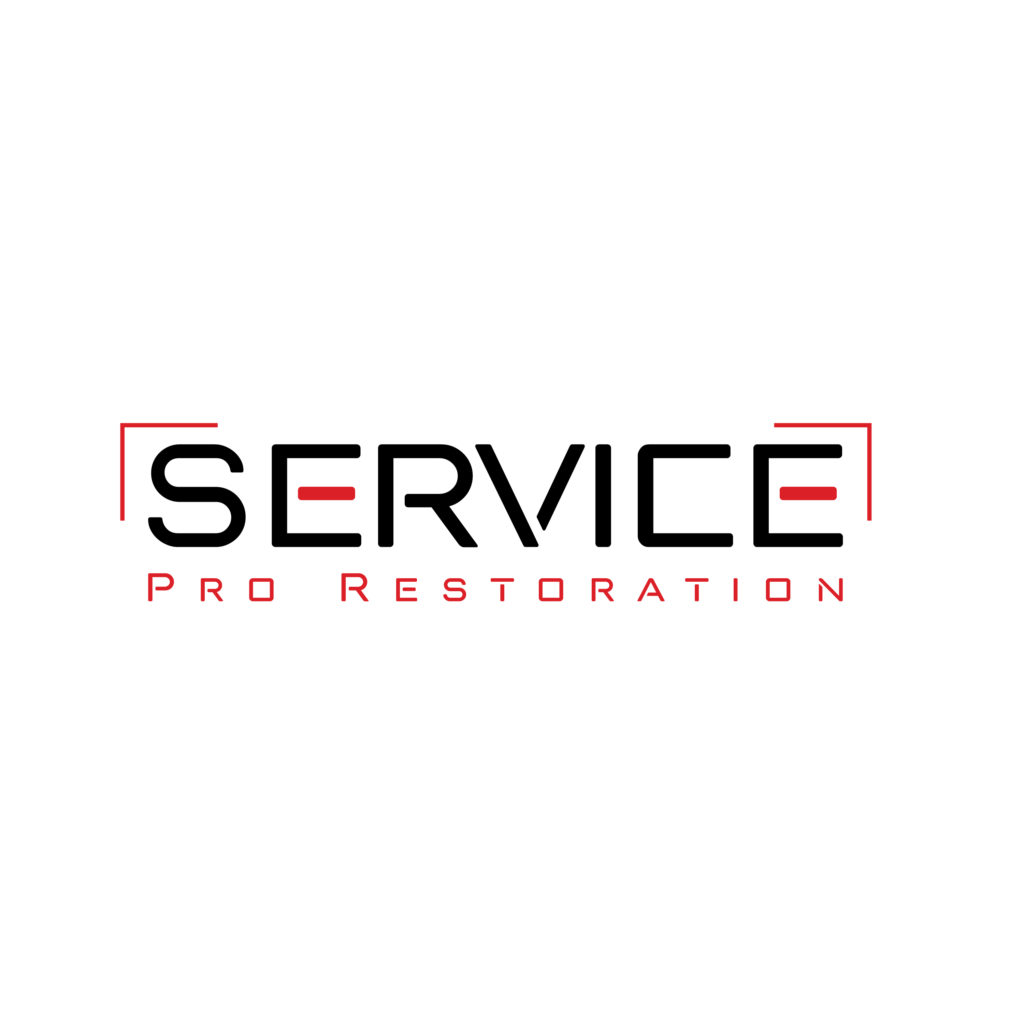What to Use to Clean Up Sewage in Basement

If you are wondering what to use to clean up sewage in your basement, here are some helpful tips: avoid chemical cleaners, check for active electrical lines and make sure to properly dispose of sewage. You may even want to hire a professional contractor to handle the job. Regardless of your decision, remember that sewage is a hazardous material. It can lead to health risks such as infection, stomach bugs, Hepatitis, E-Coli, and more. When dealing with sewage, you need the right tools and safety equipment. Make sure to check for utility lines first, as it can be dangerous to work with sewage around active electrical lines.
Avoid chemical cleaners
When it comes to cleaning sewage, you need to be very careful. The water contained in sewage can carry dangerous bacteria and disease-causing pathogens. You should wear protective gear while working with sewage. This will prevent the sewage water from getting into your skin. You also need to ensure that you close off the area you’re working in. By doing this, you’ll prevent airborne bacteria and mold from forming.
The best way to remove sewage from your basement is to hire a professional plumbing company. They have the right tools to safely and quickly get rid of the odors. They also know whether there are utility lines nearby, so they’ll be able to safely remove the sewage. They can also safely clean a basement without the use of chemicals.
Avoid septic tank backups
When dealing with a sewage backup in your basement, you’ll need to be very cautious. Sewage is dangerous because it can back up into your basement and damage utility lines. If you’re having a problem with a sewage backup in your basement in the future, you’ll need to notify the utility company so that they can take the proper measures.
To prevent a sewer backup, make sure you’re properly disposing of trash, food scraps, and other debris. Don’t forget to dispose of paper towels, cloth diapers, and feminine products properly. You should also avoid pouring cooking oil down the kitchen drain. The same holds true for carpets, which tend to collect a lot of dirt and debris.
Avoid tree roots
In the event that your sewer line has been clogged by tree roots, you need to know what to do to fix the problem. Although you can try DIY remedies, you should hire a plumber for proper removal of the roots. Plumbers use an endoscope to look inside your pipes and can determine the exact location of the problem.
In the event that you are unable to remove the roots, you can use a root killer. These products are available in hardware stores and will kill tree roots. These products will not only clean up sewage, but will also prevent tree roots from growing in your sewer line.
Properly dispose of sewage in basement
A sewage back-up in your basement can create a huge health hazard. It is critical to properly clean and disinfect this area to avoid exposure. Sewage contains toxins, bacteria, and parasites that could be harmful to your health. It can be found anywhere in your house, including your basement.
First, remove any solids that are present. Ideally, these should be disposed of in a garbage bag. Once you’ve removed the solids, you can start disinfecting the area. A bleach solution is a great choice as it can kill any bacteria present. After 20 minutes, you should rinse the area.




